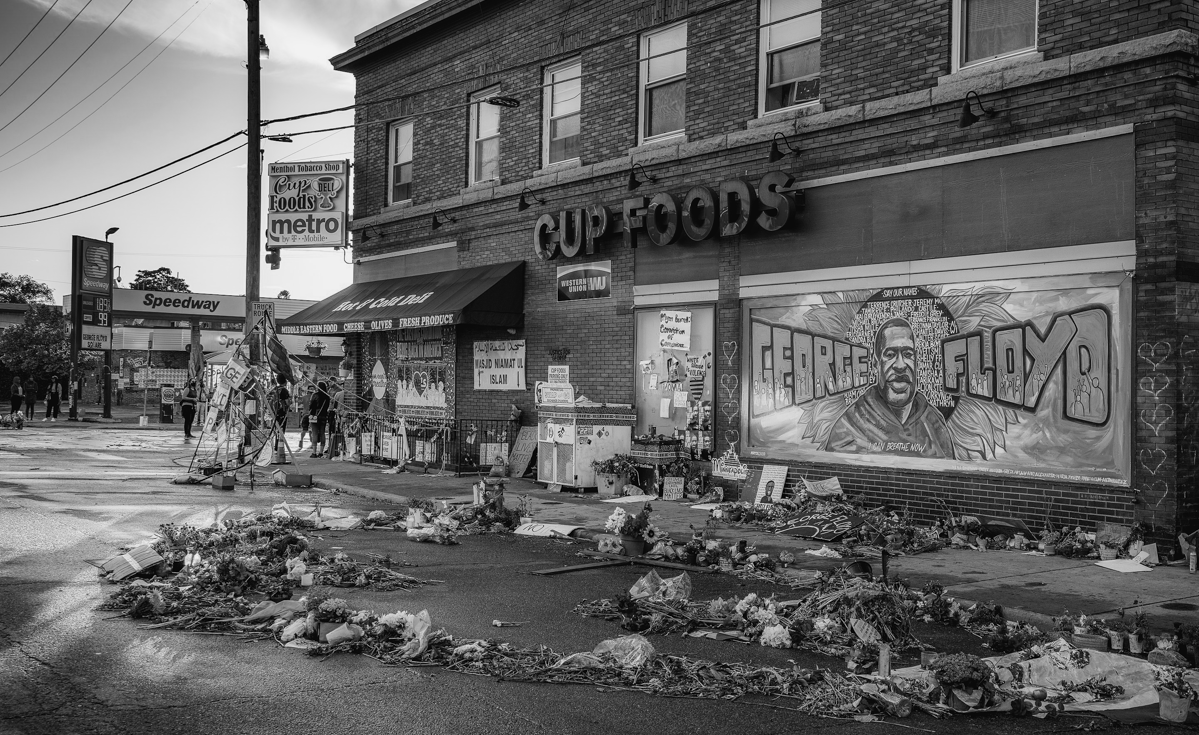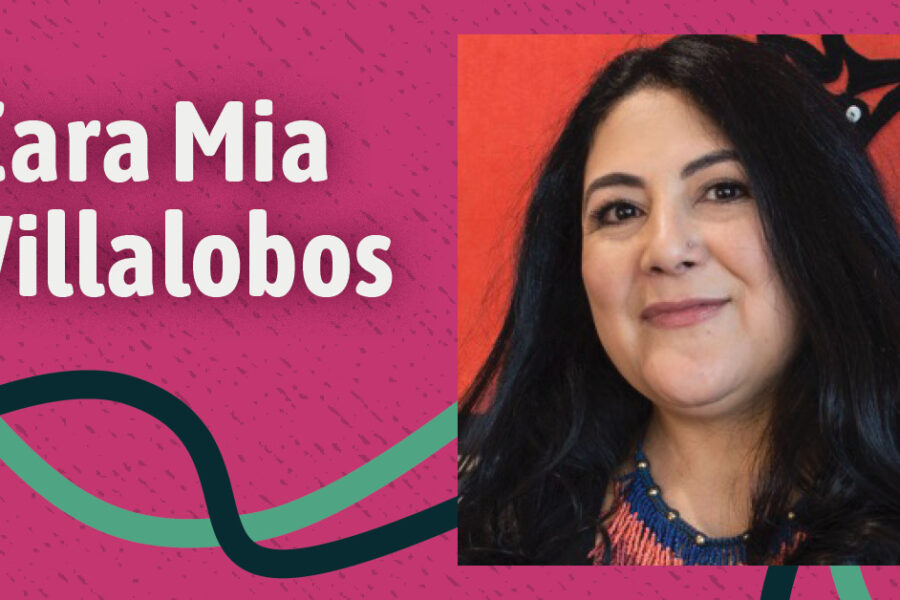One year ago today, 9 minutes and 29 seconds of murderous terror by police ended George Floyd’s life. Antioch University joins the nation in remembrance and solidarity for change. The prosecution and jury verdict against police officer Derek Chauvin could never bring justice to the Floyd family, but it did bring some measure of accountability. May George Floyd’s memory and the righteous anger we feel when we remember his death continue to bring systemic change in our law enforcement systems and society generally.
It’s unfortunate that it has taken the advent of cell phone videos for our nation to begin understanding and grappling with the problems of police violence. Videos have allowed prosecutors and juries to see for themselves what happened, instead of hearing only the testimony of unreliable police witnesses who too often are loyal only to the “blue code of silence.” So today, I also want to remember the thousands of Black people and others who have been murdered without a cellphone video to capture the circumstances of their deaths and make accountability possible. There are many whose stories we have not heard and whose names we have not learned to say.
In the year that has followed George Floyd’s death, much has happened at Antioch to raise awareness of and begin addressing the issue of racial justice. I want to thank all of you, faculty, staff, and students, for the work you are doing across all of our campuses and within all of our programs. This work includes the Messy Conversations series, your book clubs, your many efforts at racial healing, your hosting of authors and speakers, your private reading, your class discussions, and so much more. I also want to thank those of you who stepped up to join the Antiracism Task Force appointed last summer to make recommendations to the Chancellor on how Antioch University can better live its mission and become a more antiracist institution. I see and appreciate how deeply you are engaged in this work. Living up to our values requires a constant effort at improvement.
Beyond Antioch’s walls, this last year we have seen BLM protestors and other activists and citizens fight for and win significant victories. Many police departments have changed their policies on the use of chokeholds, the required use of bodycams, the adoption of de-escalation training, and more. In some cases, cities have “defunded” certain aspects of policing that properly belong to other professionals such as social workers. The nonprofit Treatment Advocacy Center reports that while the mentally ill make up only 1 in 50 U.S. adults, they account for 1 in 4 fatal police shootings. People with untreated severe mental illness are 16 times more likely to be killed by police during a police incident. This is unacceptable, and we must continue making changes to help protect this vulnerable population.
Some states have instituted new police oversight policies, including changing which prosecutors review cases of potential unlawful and unconstitutional police misconduct. Local DAs who work every day alongside and in tandem with local police cannot be unbiased when the police themselves are scrutinized for violating the law. In the tragic case of Ahmaud Arbery, it again took the release of video evidence and massive public outcry before an outside District Attorney reviewed the case and brought the case to a grand jury, thereby overturning the decision made by local prosecutors to make no arrests. While this was not a police case, we later learned that the local prosecutor’s son was friends with one of Arbery’s killers who claimed to be making a “citizen’s arrest.” Once convened, the grand jury issued indictments, and the three men who hunted down and killed Arbery are now in jail awaiting trial for felony murder and federal hate crimes. This would not have happened but for the video and the resulting transfer of the case outside of the local DA’s office.
There has been real progress this last year, but this progress is not enough. We must use this somber anniversary to recommit ourselves to the work both within Antioch and within society generally. But we cannot get legislation like the George Floyd Justice in Policing Act passed without the legislative will to do so. Therefore, one of the biggest challenges facing us today is to protect the right to vote and thereby preserve our democracy. We must be clear that we are the ones who choose our elected representatives, instead of letting them choose their voters. The assault on voting rights in state legislatures must end. In Congress, the For the People Act and the John Lewis Voting Rights Advancement Act must both become law. Current efforts to restrict voting are nothing less than Jim Crow 2.0. Unlike the first era of Jim Crow laws, however, these laws are not finding root only in the South. Voting restriction bills are being passed in states in the Midwest, the Southwest, the East Coast, and the Mountain West. If enacted, these laws will impact elections nationally by disenfranchising poor and minority voters everywhere. They must not pass or be allowed to stand. Be involved in this fight. Democracy depends on it.
When we mark this day a year from now, I’m confident we will have more victories to show for our labors. May we remain as strong then as we are now in our resolve to honor George Floyd and his memory by putting our heads down and working for racial justice.
(Image courtesy of , shared under a CC BY-SA 2.0 license. The image has been cropped and made grayscale.)




